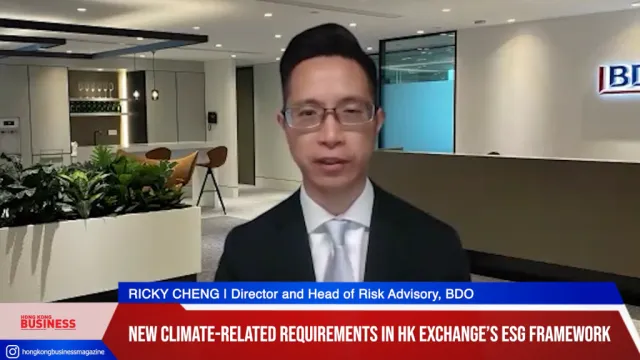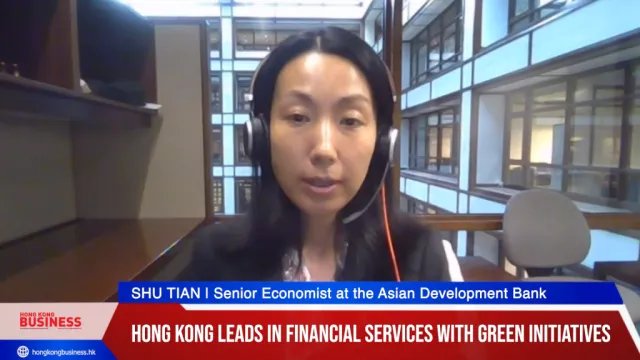Thought Leadership Centre
Resource Center
Event News
Commercial Property
HK among areas with costliest office fit out in APAC
Office fit-out costs $1,149 psf on average.
Partner Sites
Join the community

 Advertise
Advertise















Commentary
Finding durable lessons from the pandemic
Finding durable lessons from the pandemic
What living in the age of the 'Next Normal' will be like: the top architectural trends to watch for in Asia 2022
Cryptocurrency in Hong Kong – Regulated or Not
Hong Kong can do more in fight against rising cybercrime in financial sector
Could vaccine passports move the economic needle?
Mind the gap: The Risk of Digital Inequality
Events are evolving, but is your agency standing still?
Why Hong Kong needs a corporate wellness paradigm shift now
Using technology and culture to build employee engagement
Why Hong Kong’s Small Businesses Need to Reimagine Future Growth
Guts, gumption, a global mindset to tide Hong Kong's graduates over this crisis
Navigating the New Normal of the Event Industry in Hong Kong
What Facets of Technology Have Powered Businesses During the Pandemic?
How to win in the big wave of online events
The Writing Is No Longer Just on the Wall in Hong Kong, It's in Unnerving Neon
Act now to prevent data breaches
As Customers Flock Online, Scams Proliferate. How Can You Win the Trust of Customers?